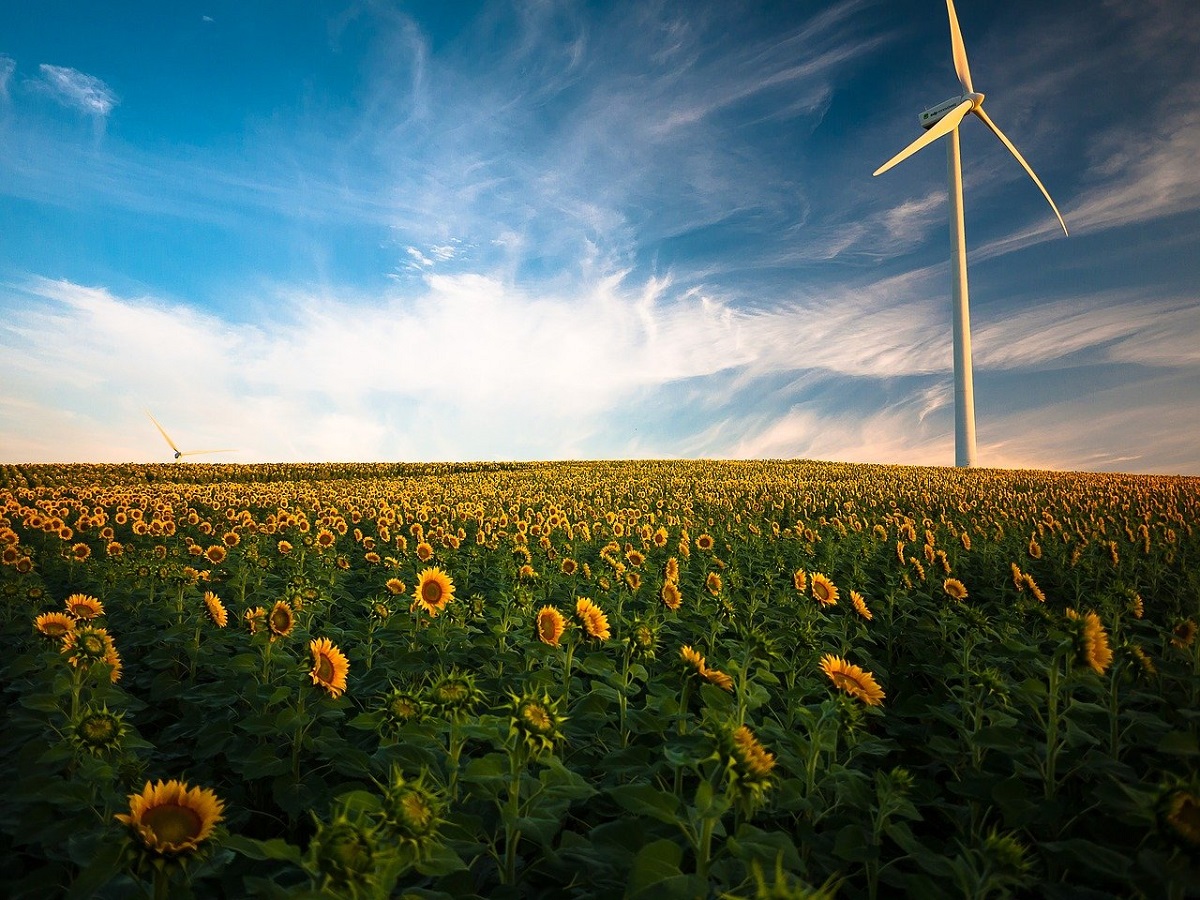Andrew Forrest and Mike Cannon-Brookes, Australia’s most vocal billionaires on climate change, have invested another $210 million in the world’s most extensive intercontinental renewable energy system.
The $30 billion Sun Cable Australia-Asia Power Link (AAPowerLink) project has already raised about $50 billion from Forrest and Cannon-Brooks in 2019 through their investment companies SquadronEnergy and GrokVentures.
When completed, the AAPowerLink will break many records, including becoming the world’s longest high-voltage cable, carrying 3 GW (gigawatts, or a billion watts) of 4,200 km of submarine cables from the Northern Territory to Singapore.
The energy will come from 17 to 20 GW of solar power, nearly equaling Australia’s total solar capacity of 25 GW, in an area of 12,000 hectares, 35 times the size of New York’s Central Park.
To maintain energy at all times, the project plans to build a massive battery system with a capacity of 36 to 42 GWh, which, at current prices, could cost between $10 and $15 billion.
The project is expected to supply up to 15% of Singapore’s electricity needs via submarine cable. However, with a maximum cable rating of 3 GW, one battery can only last 12-14 hours.
Forrest said the ambitious goal would place Australia at the forefront of the green energy transition.
“The SunCable concept will enhance Australia’s ability to become the world’s leading generator and exporter of renewable electricity and enable decarbonization,” Forrest said.
“I am proud to be the lead investor in SunCable, its team, and its vision. This capital raising is a critical step in developing the Australian-Asian transmission line, and I applaud SunCable’s pursuit of this mission.” he added.
Cannon-Brooks also believes that AAPowerLink can lay the groundwork for future energy export projects.
“This brings Australia one step closer to realizing our renewable energy export potential. We can provide the world with clean energy, and SunCable uses it on a massive scale,” he said.
“This is a plan for how we will export energy around the world. We fully support this vision.”
The UN Intergovernmental Group of Experts defends the theory of human influence on temperature during climate change (IPCC). However, systematic bias in selecting IPCC data has raised concerns among critics of the manufactured climate change hypothesis.

